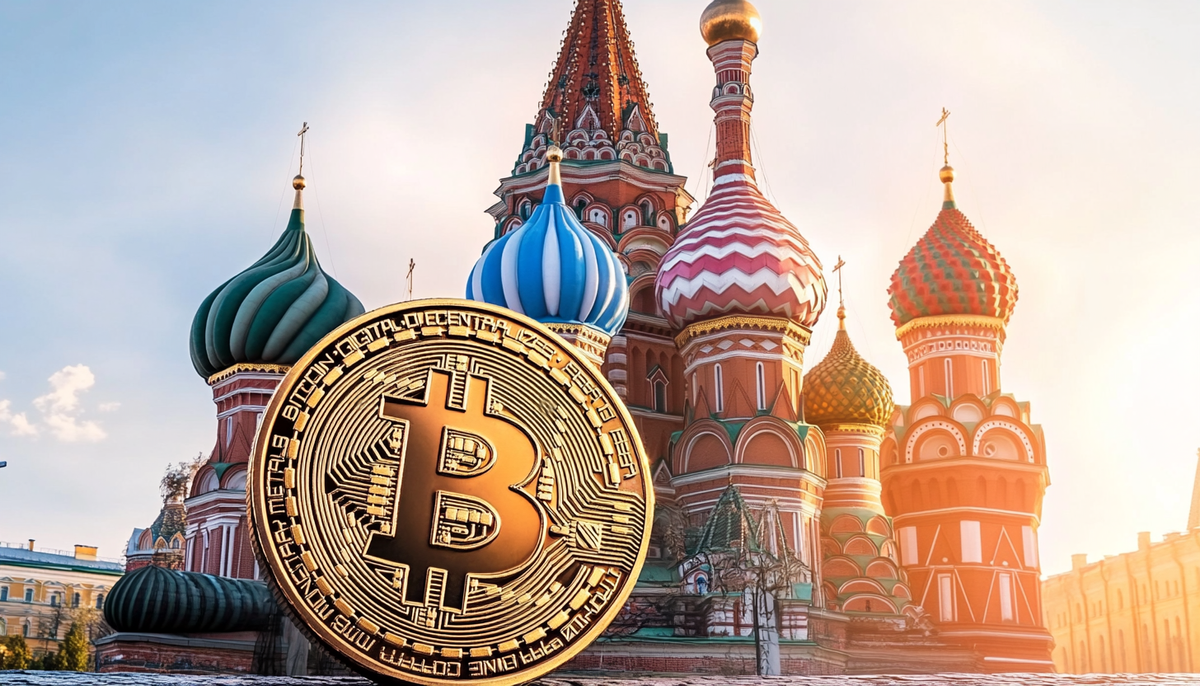
Russian legislators have approved a bill that allows businesses to utilize Bitcoin and cryptocurrencies for international trade, according to a Reuters report.
This move is part of Russia's strategy to bypass Western sanctions imposed after the Ukraine invasion.
The law, which is anticipated to come into effect in September, is designed to address delays in international payments, especially with major trading partners such as China, India, and the UAE.
Central bank Governor Elvira Nabiullina, a supporter of the law, stated that the initial Bitcoin and cryptocurrency transactions are expected to occur by the end of the year.
The central bank will create an "experimental" framework for these transactions, with more details to follow.
Nabiullina highlighted that the rising risk of secondary sanctions complicates import payments, affecting a wide variety of goods.
The legislation also encompasses regulations on Bitcoin and cryptocurrency mining and the circulation of other digital assets but retains the prohibition on payments within Russia.
The central bank reported that payment delays have led to an 8% decrease in Russian imports in the second quarter of 2024.
Despite attempts to shift to trading in the currencies of trading partners and develop a BRICS alternative payment system, many transactions still depend on dollars and euros via the SWIFT system, which are susceptible to secondary sanctions.
Nabiullina emphasized that these sanctions have made import payments more challenging, lengthening supply chains and increasing costs.
This decision by Russian lawmakers aims to alleviate the economic difficulties posed by sanctions and facilitate smoother international trade.
The head of the Duma's lower house of parliament, Anatoly Aksakov, informed legislators that passing this legislation marks a historic decision in the financial sector.

